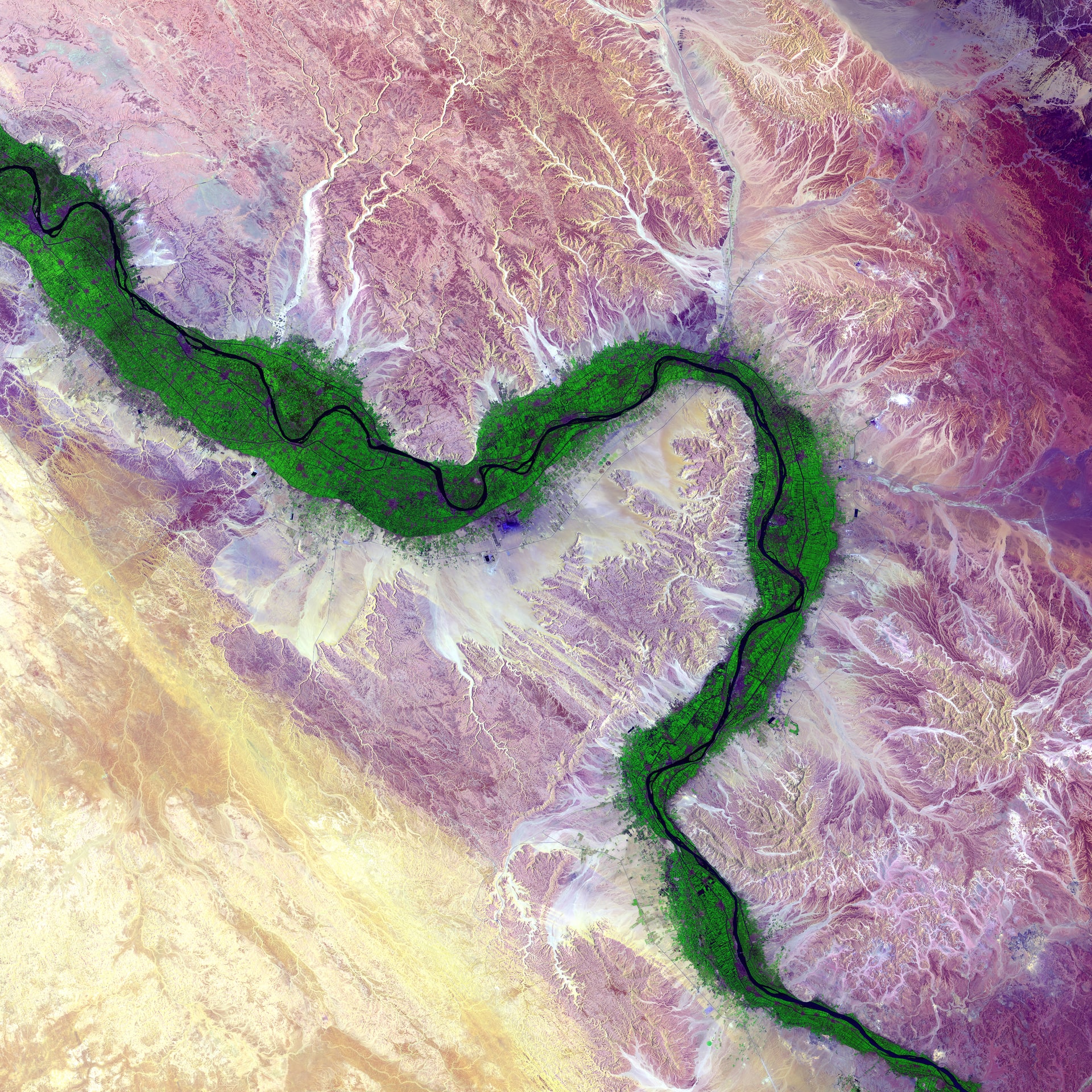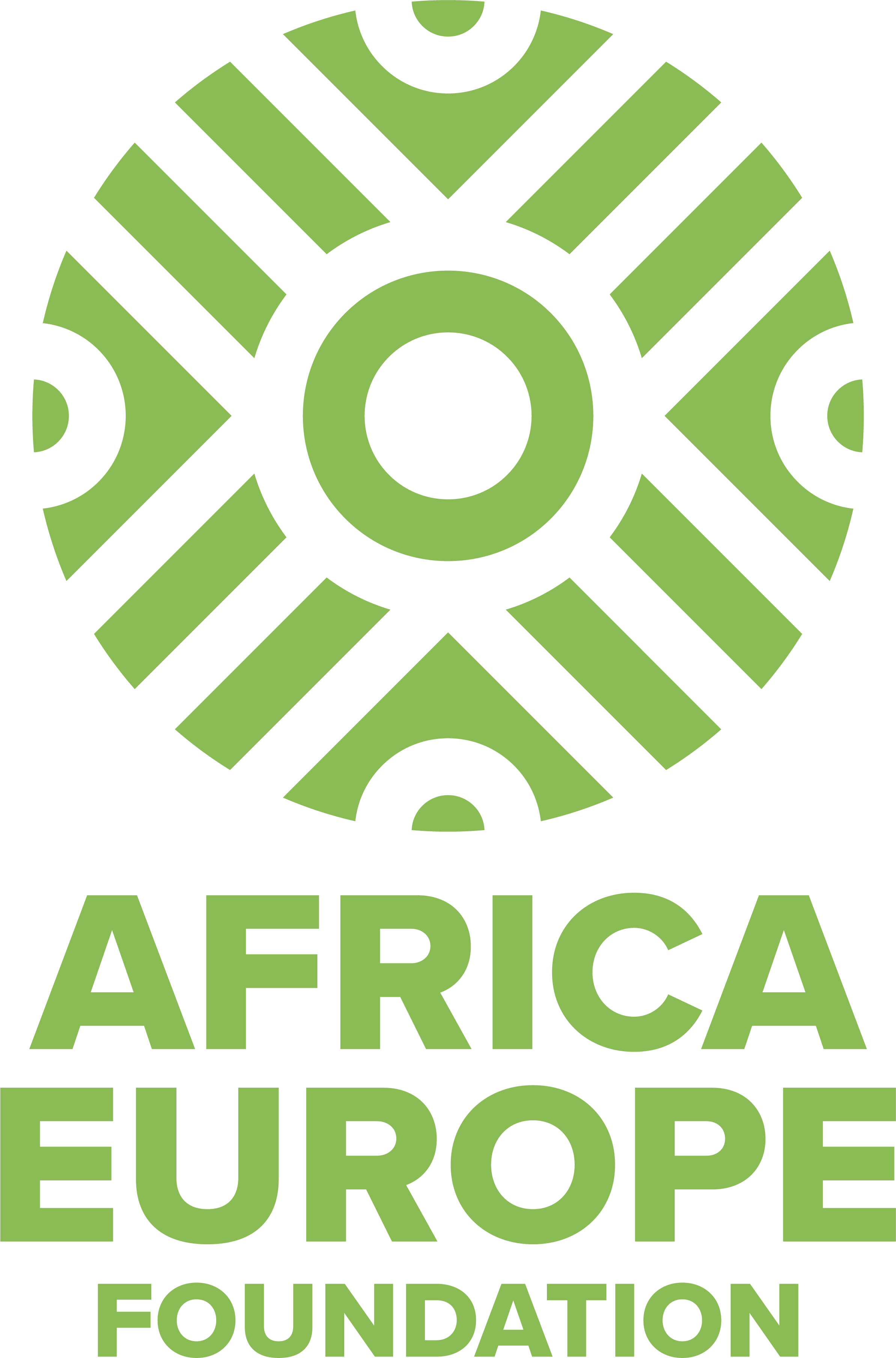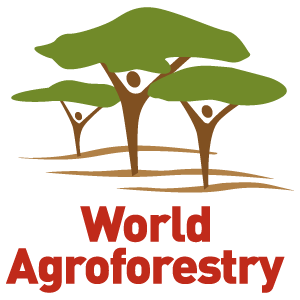
Summary
Just months after international donors pledged to accelerate the greening of the Sahel at the One Planet Summit, there is optimism aplenty about a region that has long suffered from environmental crises, poverty, insecurity and wars. In an online policy dialogue organised by the Africa Europe Foundation on 12 May 2021, part of the ‘Talking Africa EU series’, a diverse panel of experts debated the opportunities and challenges facing the Sahel.
When we think of the Sahel, many of us form a negative image, remarked Tamsin Rose, the debate moderator and Senior Fellow at the Africa Europe Foundation: “Yet its future could be different and much better. The region could be greener, leading to sustainable jobs and economic opportunities. It could offer more stability, less conflict, more participation, as well as a more open, stable and democratic society.”
She was keen to find out what a ‘Sahel Renaissance’ might look like and how participants envisaged a greener region. One that features a restored landscape, regenerative agriculture where soil fertility provides decent livelihoods for local people, plus an agro-ecological transformation, as part of the bigger picture in climate change.
Rose also aimed to come up with a series of key recommendations. Grounded in sustainability and targeting both donors and policymakers with responsibility for the region, these would be included in a Call for Action on a Sahel Renaissance.
“We recognise that any actions will have to be taken at local level. They should be decided with local populations, corresponding to their culture, norms, values and hopes for their region,” added Rose. “If we can get a renaissance, if we can achieve this transformation, it will be a stabilising anchor for the whole of Africa.”
About #TalkingAfricaEU
As Africa and Europe seek to re-set their partnership, the Africa Europe Foundation is engaging with our partners across both continents to understand the long-term vision and the converging and diverging priorities at the heart of this relationship.
Africa and Europe have a shared interest and much to gain from one another in accelerating the progress of the global agenda for sustainable development and peace, whilst working together to address the challenges posed by the COVID-19 pandemic and the climate crisis.
The ‘Talking Africa EU series’ serves as a consultative exercise for key stakeholders and partners through a ‘whole of society’ approach, from both continents, to voice their perspectives on the future of the relationship.
Related Content
- Sustainable jobs & growth: a partnership for a new era
- Africa-EU Green Talks – Women’s Leadership for Climate Action: Unlocking the Power of Cross-Continental Collaboration
- Creating a mutually beneficial partnership for Africa-Europe: Building a greener and fairer future
- Forging an Africa-Europe Climate Alliance: green transition, sustainable energy and agriculture
- EU-Africa Business Forum – Africa-EU Green Talks on “Accelerating the EU-Africa Partnership for Green Energy Transition in Africa”
Our events include photos, audio and video recording that we might use for promotional purposes. By registering, you give your permission to use your image. Should you have any questions, please contact us.
PHOTO CREDIT: USGS/Unsplash
Schedule
The Sahel Renaissance: Enabling a Just Rural Transformation
The West African Sahel in the 14th century was a wealthy region, thanks to the wise rule of Mansa Musa King of Mali, and its large gold reserves. There is no reason why, with the right policies and investments, the region could not renew its date with prosperity. Africa and Europe can join forces to deliver greater food security, healthier nutrition and secure livelihoods to the Sahel’s people through the restoration of resilient landscapes at scale, and thereby address issues of insecurity and migration. The potential of locally evolved land governance, agroecology and finance harnessed to territorial approaches could unlock multiple benefits for smallholder farmers and livestock keepers in the region. With 2/3rds of Sahelians depending on crops and livestock for their primary income, investment is needed in institutions, people, landscapes and fundamental infrastructure to restore and regenerate widely degraded landscapes, thus diversifying local incomes and supply chains, and offering hope for a more prosperous future.
Questions include:
- What key factors must be tackled to enable a transformation in the Sahel to increase food production, access to energy, build new supply chains and create new jobs through restored, productive and resilient local agri-food systems?
- Given the current policy context, what opportunities are there for Sahelian and European countries to join forces in favour of the institutions and investments required to underpin an agroecological transformation of the region, including land restoration at very large scales?
- What can be done to mobilise local and foreign capital to develop and market innovative agrifood products, micro-investment platforms, agroecological advisory systems, digital and agrifood processing and logistics platforms in the Sahel?
Moderator
Strategic Commentator
Patrick Worms
Senior Science Policy Advisor, CIFOR-ICRAF
Speakers
Elvis Paul Tangem
African Union Commission Coordinator of the Great Green Wall for Sahara and the Sahel Initiative (GGWSSI)
Leonard Mizzi
European Commission Head of Unit for Sustainable Agri-food Systems and Fisheries at DG INTPA
Cheikh Mbow
Director of the Future Africa Institute, University of Pretoria
Sarah Toumi
Member of the French Presidential Council for Africa; Monitoring Officer, Great Green Wall Accelerator at the United Nations Convention on Combatting Desertification (UNCCD)
Speakers

African Union Commission Coordinator of the Great Green Wall for Sahara and the Sahel Initiative (GGWSSI)
A sustainable development, biodiversity conservation, climate change, and value chains development professional with over 16 years of professional experience in Africa, Asia and the United Kingdom. Elvis currently serves as African Union Commission Coordinator for the Great green Wall for the Sahara and Sahel Initiative. Previously, he held various National & International Development Organizations including UN FAO, TREE AID International, Watershed Task Group and others in the domains of research and projects cycle. He has also initiated and been a pioneering member of several initiatives including the Cameroon Traditional Rulers against Climate.

European Commission Head of Unit for Sustainable Agri-food Systems and Fisheries at DG INTPA

Director of the Future Africa Institute, University of Pretoria
Professor Mbow served for a decade as an Associate Professor on remote sensing-GIS and climate change at the Institute of Environmental Sciences, Science Faculty; and Laboratoire d’Enseignement et de Recherche en Géomatique, Polytechnic Faculty of the University Cheikh Anta Diop of Dakar, where he was leading the research team known as Climate Change, Adaptation and Environmental Risks. He occupied various science leadership roles at the World Agroforestry centre in Kenya and the START-International Secretariat in USA. With more than 120 publications on various environmental sustainability fields, Professor Mbow has proven transdisciplinary skills and expertise on land use, disturbances of natural vegetative systems and sustainability of agricultural systems.

Member of the French Presidential Council for Africa; Monitoring Officer, Great Green Wall Accelerator at the United Nations Convention on Combatting Desertification (UNCCD)
Sarah Toumi is the monitoring officer of the Great Green Wall Accelerator, a UNCCD-based team seeking to facilitate the coordination and collaboration of donors and stakeholders involved in the Great Green Wall Initiative. Involved since her younger age in farming activities in arid areas, she has been a witness of the impact of desertification on communities livelihood and human rights and got involved as an entrepreneur to develop agroecological value chains projects, and as an expert to design new programmatic approaches to solve complexe issues in arid areas empowering new collaborations based on innovation, tech4good and fairness.

Senior Science Policy Advisor, CIFOR-ICRAF
Patrick Worms is the Senior Science Policy Advisor of World Agroforestry, the world’s only global institution devoted to the study of trees in agricultural landscapes. His work sits at the nexus of land restoration and human security. He is convinced that marrying traditional and advanced knowledge is the most promising pathway to rural prosperity, a giant help to mitigate our impact on biodiversity and the atmosphere and, tantalizingly, peace in a warming world. Patrick serves as President of the European Agroforestry Federation, Treasurer of the International Union of Agroforestry, on the steering committee of Initiatives for Land, Lives and Peace, is a Senior Fellow of the Evergreening Global Alliance, and serves on a number of advisory boards.
Continue
the debate on
- Debating Europe




